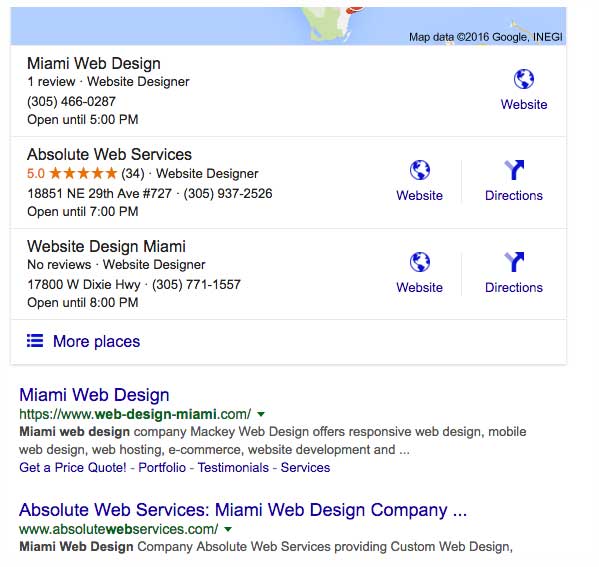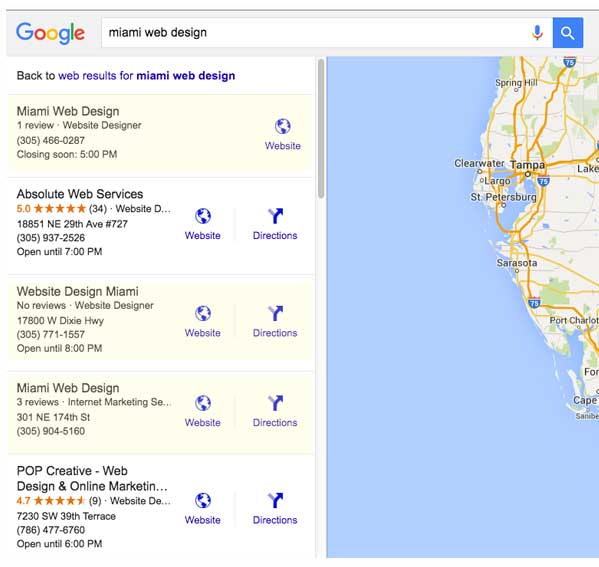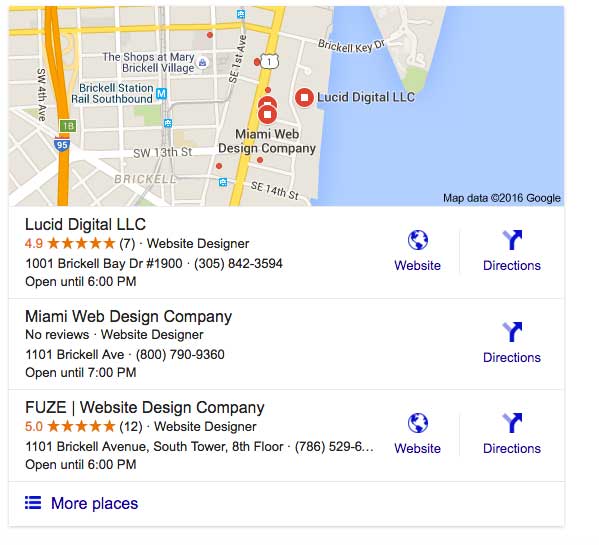
Google’s rapid-fire release of algorithm updates like Penguin, Panda and Hummingbird have forced most marketers and business owners to play by the rules. However, plenty of people are still breaking them, and being handsomely rewarded for it.
How many times have you been lectured to about the possibility of being punished by Google for spammy marketing tactics? If you’re like us, we’ve been brainwashed to pavlovian proportions when it comes to keeping it “white hat”, doing everything in our power to implement best practices and be good little marketers, working frantically to find way to appease and placate Google.
As marketers committed to adhering to best practices, we keep our fingers crossed, hoping to be rewarded by the Google gods for being faithfully obedient to its laundry list of demands. However, time and time again we see unnerving evidence that playing nicely doesn’t always work.
We’re a young company and rely heavily on organic leads to fill our sales pipeline. This means we’re continually optimizing our website and local business listings in an attempt to beat out the competition and improve our rankings in search.
Unfortunately, there are millions of websites on the internet and Google can’t monitor each and every instance of someone bending the rules to gain ground, which we see happening a lot in our industry.. This means on occasion, spammy websites rise to the top, keeping more deserving sites out of the top spots in organic search results.
The following are several examples of websites using spammy, out-dated SEO techniques to successfully rank on Page 1 of Google for the term “Miami Website Design”. As you’ll see, blatant rule-bending is alive and well, and Google’s all-seeing algorithm isn’t catching all the abusers.
Example 1: On-site optimization spam to game organic listings
At the time of writing this post, the first organic result on Google Page 1 for “miami web design” was www.web-design-miami.com.
A closer look at this website reveals spammy on-site optimization that is a clear and bold attempt at tricking Google. The crazy part is, it worked.

Rules broken:
- Title tag on Homepage contains 3 variations of the term “web design” (according to Google, repeating the same keyword in the title tag is frowned upon).
- Homepage contains 13 instances of the term “web design” and 9 instances of the word “website” (this is old-school keyword stuffing at its finest).
- The footer contains a block of 39 words with the term “web design” used in it 5 times. This is a keyword density of 27% (Google recommends a max of 5%).
Example 2: Google Business listing keyword stuffing to game local search results
Also at the time of writing this article, the first page Google Local results for “miami web design” displayed 9 listings with fake, keyword-stuffed business names.

According to Google’s guidelines, business names should include the actual company name, and not be stuffed with keywords, which is a clear intent to game the system.
An experiment to see if we could trick Google into ranking us on page 1
We ran a test where our Google Business name “FUZE” was changed to “FUZE | Miami Website Design Company”. To our amazement, the very next morning, we were showing up on Page 1 in the three pack of local results for “website design miami”, and have remained there for 2 weeks!

We didn’t rank for the exact keyword we stuffed into our business name, but were given a bump for a close, and highly competitive, variation.
What does this all mean?
Google is a machine, and despite all the hype around its AI and machine learning capabilities, it’s obviously not able to track down every instance of web spam and punish the culprits.
The cases highlighted in this post are certainly not the only instances of spammy websites pushing non-spammy ones down in the search results, and rest assured they won’t be the last.
I’m curious to hear what fellow marketers think about this. Have you seen this trend in industries you work in? Are you ever tempted to engage in black/grey hat to make up lost ground?
Let`s Get
In Touch
Contact us today for a free consultation
and cost estimate for
your project.
We work with companies in all
industries, big or small.
Give Us a Call: 786-529-6039
Services
©2024 FUZE DIGITAL INC. Ignite Your Brand™ | privacy





